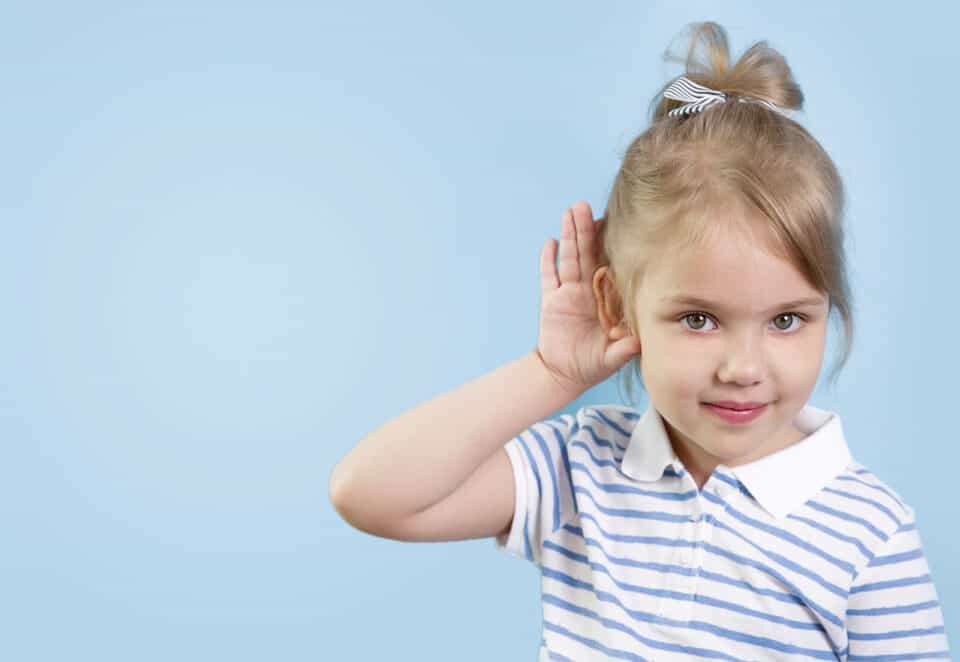There are numerous ways you can protect your hearing health and wellness. Integrating the following healthy habits into your everyday life can reduce your risk of experiencing hearing loss.
- Wear hearing protection. Did you know that over 30 million people are regularly exposed to loud noise? This is a common cause of hearing loss, known as noise induced hearing loss. This type of hearing loss is completely preventable and wearing hearing protection is a great way to protect your hearing. This includes items like headphones, earbuds, and earplugs which provide a physical barrier for the ears. These items are small and portable, allowing you to access hearing protection when needed. Be sure to protect your ears when navigating noisy environments like concerts, commuting, in the workplace etc.
- Reduce your exposure to loud noise. In addition to wearing headphones, there are more ways you can reduce your exposure to loud noise. A few tips include to drive with your windows rolled up to reduce environmental noise, taking alternate routes to avoid traffic and/or construction sites, avoiding noisy places like restaurants (especially during peak hours), maintaining low volume settings on electronic devices, opting for quieter places etc.
- Use noise canceling headphones. Headphones and earbuds have become common ways that people listen to audio. From listening to music, podcasts, and talking on the phone; earbuds and headphones allow people to listen to audio conveniently. But they are also a common way that people are exposed to excessive noise. A great way to mitigate this impact is by using noise canceling headphones. Noise canceling technology reduces background noise, preventing you from needing to turn up the volume when moving through spaces that are noisier. This allows you to listen to audio safely in all environments.
- Test hearing regularly. Hearing tests are used to evaluate your hearing health. They involve a painless and non-invasive process that measures your hearing capacities in both ears and identifies any hearing loss. Getting your hearing tested regularly allows you to track your hearing health and identify any changes that you may experience over time.
- Measure noise levels. Measuring noise levels allows you to be aware of how loud your devices are as well as the noise in the environments you navigate. You can do this by using a downloadable app that measures noise levels including: NIOSH Sound Level Meter App (iOS), NoiSee (iOS), SLPnFFT Noise Meter (iOS), Sound Meter X (iOS), Sound Meter (Android), and SoundPrint (iOS and Android). Also, the health app that comes with iPhones and the Apple watch can also measure decibels and you can set alerts when the volume becomes too loud.
- Increase nutrient intake. There are several nutrients that are great for healthy hearing. This includes magnesium, potassium, zinc, and folic acid. These nutrients support healthy blood flow, help prevent ear infections, help maintain fluid levels in the ears and more. You can increase your intake of these nutrients by integrating more fruits and vegetables into your diet.
- Eliminate triggers. Studies show that smoking and drinking can increase the risk of hearing loss. Eliminating these behaviors or reducing consumption as much as possible are useful ways to protect your hearing health.
- Increase physical activity. Exercise offers numerous benefits like supporting blood flow and circulation, reducing health risks, boosting energy etc. These benefits also support healthy hearing. There are easy ways you can increase your physical activity including: taking a daily walk and finding a physical activity you enjoy – biking, water aerobics, yoga, golfing etc.
- Maximize use of hearing aids. Hearing aids are essential items that provide ample support for millions of people with hearing loss. It is important to wear hearing aids during all waking hours. You can also get more from your hearing aids by exploring the features they offer – wireless connectivity, digital noise reduction, tinnitus management etc. Discuss these technologies with your hearing healthcare provider.
- Prioritize care for health conditions. If you have conditions like hypertension, osteoporosis, diabetes, and heart disease; it is important to prioritize care for them. These conditions are among several that can increase the risk of hearing loss. Be sure to prioritize any medications, regimens, and care that your doctor has outlined for you.
Contact us today to learn more about the resources, services, and technologies that are available to support your hearing health!

